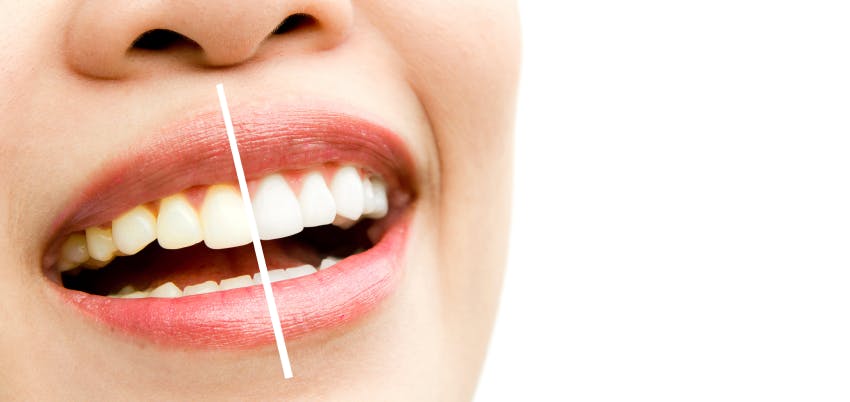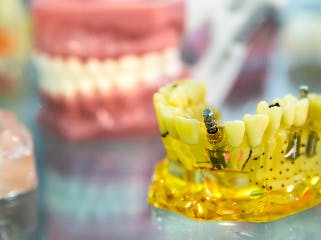
Do you need a tooth extraction? Find out the correct procedure before do it
by Wildsmile
Nowadays, extracting a tooth means the beginning of a complex dental treatment, as the space left without a tooth is essential to replace it with a DENTAL IMPLANT procedure, otherwise it could lead to serious problems such as displacement of the other teeth, loss of bone density, malocclusion and even speech problems.
Tooth extraction: simple or planned?
Dental extraction or exodontia is the procedure that is responsible for the complete removal of a tooth and should only be carried out when it is absolutely necessary. Unfortunately, there are cases in which extractions are carried out when the tooth is still a candidate to be saved, but due to a bad diagnosis or lack of professionalism on the part of the dentist, the tooth ends up being extracted. There are two types of extraction: simple and planned, also called surgical.
- - Simple extractions are performed when the teeth are visible in the mouth or at the gum line, and are usually performed by general dentists.
- - Planned extractions are performed when the tooth has not erupted at the gum line or is broken below the gum line. It is also often used when the roots are curved, tangled or very long.
The importance of proper planning of surgical tooth extraction
Planning a tooth extraction well is indispensable, because thanks to this, we will not only solve the problem of the damaged tooth that needs to be extracted, but we will also ensure that the implants or bridges succeed. As we said before, tooth extraction is the beginning of a new treatment, as the space needs to be replaced.
Before the dental extraction, your dentist will do a diagnostic examination and medical history, he will also ask you to have blood tests (haemoleukogram, thromboplastin time, coagulation time). These are very important, because if you have deficiencies in blood cells, platelets or coagulation times, they will considerably affect the healing and regeneration processes of the implants. Profile x-rays and orthopantomographies (panoramic tomographies) are a fundamental part of the preliminary studies, as not only the teeth are observed but also the maxilla and mandible.
You may also be interested in reading: WHICH IS THE PROCESS FOR THE PLACEMENT OF A DENTAL IMPLANT?
Knowing the patient
For the dentist, it is essential to know the patient perfectly who is a candidate for a dental extraction, which is why preliminary studies are required. Patients with the beginnings of diabetes, hypertension, chronic diseases, high cholesterol and triglycerides, must first be referred to a specialist to treat these types of diseases. For example, patients with high cholesterol or triglycerides do not have a good absorption of the bone graft, which delays the healing process and may even require a second surgery. Now, knowing the medical history is also vital, as if the patient is taking certain medications, such as bisphosphonates, the extraction cannot be performed, as these types of medications can have a negative effect on bone recovery after any injury such as a dental extraction.
In conclusion, it takes time to do everything properly and as it should be, hence the importance of planning a dental extraction well. Consider that when you have a missing tooth the resorption or bone loss is noticeable in the first year, so it is very important to prevent this process of decalcification before 6 months with a type of dental replacement such as a bridge or a dental implant. Meta description: Did your dentist indicate that you need a tooth extraction? Proper planning is essential, or the consequences can be very serious. Here, we explain the correct procedure to follow before a tooth extraction.
You may also be interested in reading: WHAT OPTIONS DO YOU HAVE TO GET YOUR TEETH BACK?
Want to learn more about this?
Contact us
Your contact request is registered. We will contact you as soon as possible.
Lorem ipsum dolor sit amet, consectetur adipisicing elit. Adipisci alias aliquid amet commodi dolor, dolore doloremque dolores fugit quod repellat.
 POR
POR
 ENG
ENG





